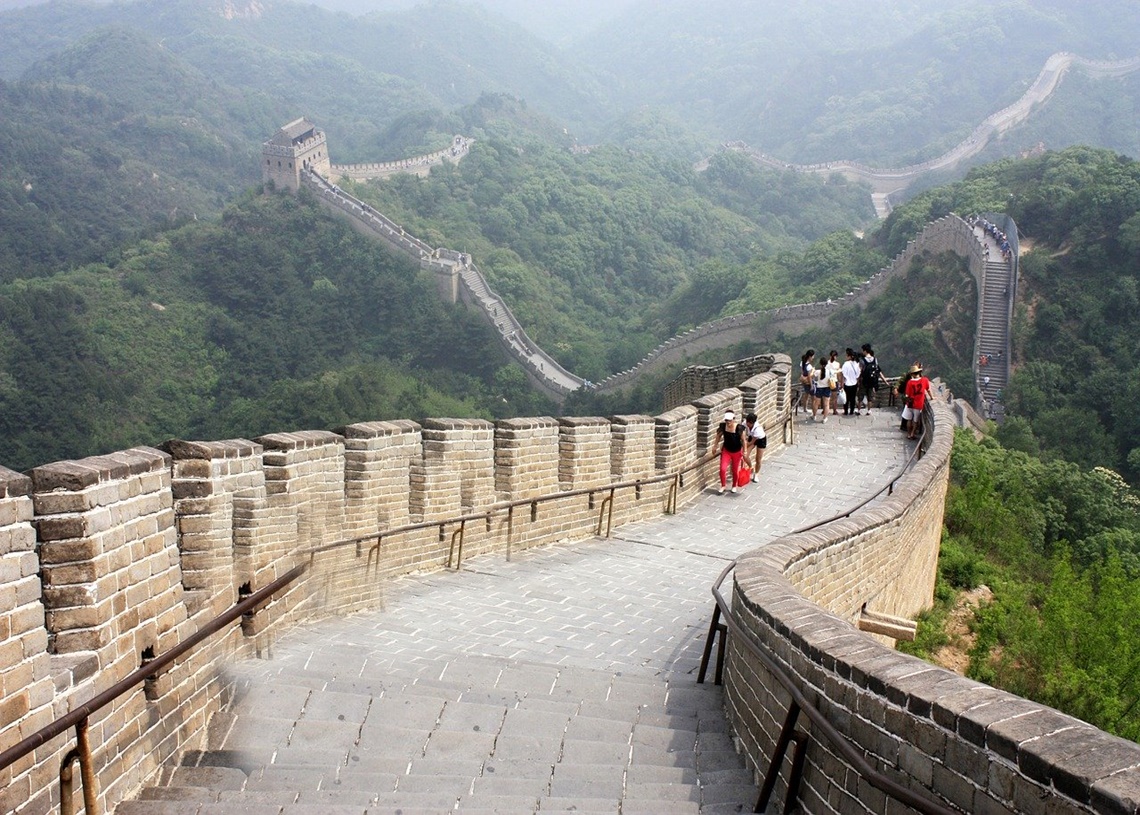As China prepares to launch its nationwide blockchain program called the Blockchain Service Network (BSN) on 25th April 2020, we take a more in-depth look at how the country’s ambitious new project sets to transform the global economy.
China’s extensive Blockchain Service Network, backed by the state government, was officially announced last year in October when the Chinese leader Xi Jinping fiercely advocated the use of blockchain technology across all sectors.
While its primary aim is to assist SMEs in embracing the technology cost-effectively, it is also touted to be a potential game-changer for the entire industry. If it works as planned, developers across the globe will be able to build new applications simply by plugging on to BSN platform
While all that is fine and dandy, a closer look at the eagerly-anticipated project suggests that its ultimate motive extends well beyond just offering a technical framework to developers. Its implications could be much more profound than anticipated.
Digging deeper into China’s Blockchain Service Network
According to the whitepaper published by BSN Alliance, the grand-scale Blockchain Service Network, which is set to gain ground worldwide, will become the first-ever infrastructure network introduced and controlled by China.
James Cooper, who is a law professor at the California Western School of Law, views the move as something very similar to the New Silk Road initiative that was adopted by the Chinese government way back in 2013 to invest in infrastructural development in over seventy countries.
By launching the Blockchain Service Network worldwide, China will not only offer a much-in-demand infrastructure but also exert pioneering influence on many countries, similar to its Silk Road strategy, Cooper said.
The project, as per Cooper, also bears an overwhelming resemblance to the Made in China initiative, which essentially spearheads innovations in nascent technologies, particularly artificial intelligence and robotics, to wipe out its otherwise widespread reputation of being merely a replicator.
Thus, with Blockchain Service Network, the Chinese officials have already envisioned multiple use cases that range from building blockchain-powered smart cities to gaining critical insight into public resources. It is also expected to find purpose in identity verification and personal data storage processes.
An insatiable thirst for global monopoly
Edith Yeung, who is a managing partner at Proof of Capital, a blockchain-centric VC fund, foresees that China’s drive to become the global tech innovation leader could very well receive a massive boost with BSN. She also highlights some hard-to-miss signs that suggest that the country has been preparing for this moment for a long time.
Most infrastructure giants, including banks, telecoms, and internet companies, are already under the heel of China. Moreover, when it comes to filing the maximum number of blockchain patents, China takes the lead, explains Yeung.
Besides, the country has already announced its mission to extend the scope of the network to Hong Kong, Singapore, and fifty-six other cities following successful implementation in the country. All of this and much more present enterprise-friendly, affordable and profitable opportunities to the world.
The unique selling feature of the Blockchain Service Network is its affordability which will not only attract a large number of SMEs and individuals but also encourage developers to innovate and build an ecosystem that helps China exercise control over the world rapidly and more severely, says Yeung.
Digital yuan: Striking the right balance
Shedding more light on China’s rigorous efforts to launch its own cryptocurrency, despite its hostile stance over other digital assets for purportedly posing risks to the economy, Yeung explains that with the central bank digital currency, it is seeking a trade-off between centralization and decentralization.
According to her, the reason China is pulling out all stops to introduce digital yuan by as early as this year is to prevent rival companies such as Facebook from entering the Chinese market and understand the very concept of a state-backed digital currency before anyone else does.
The biggest irony in all of this is that the country is embracing the concept of a distributed ledger only to administer greater control over its citizens. The result will be anything but a decentralized technology, in which the government will be able to access and control everything via handpicked nodes.
Education correlation of the blockchain, made-in-China?

Meanwhile, it is not only China that is increasingly relying on the blockchain. With the world temporarily coming to a halt due to the rapidly spreading coronavirus pandemic, blockchain technology is fundamentally shaping the future of over one and a half billion students stuck at home due to extended school and university closures.
As advised by renowned social media influencer and co-founder of English Forward, Mitch Rankin, blockchain technology has the ability to radically transform a system overnight that has undergone very little change in the last three centuries or more. Crypto influencer Karnika Yashwant supports his views on the matter of blockchain as the future of education.







